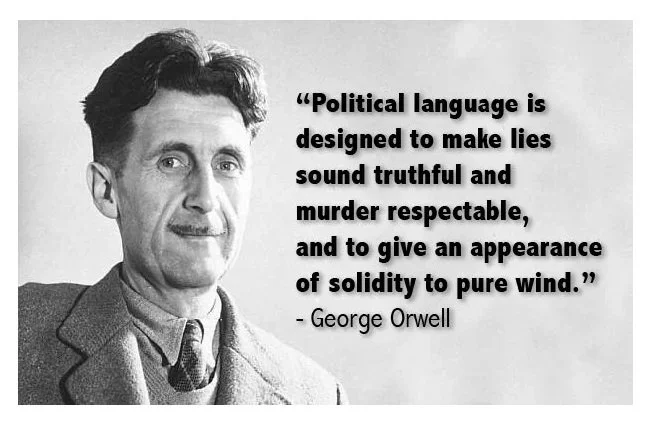World Cup 2018
A few years ago, I wrote a blog post about how I’m not a major sports fan and how sporting events and their associated culture are not a major part of my life. Let it suffice to say that nothing has occurred to change my perspective since then. Effectively myself and sports exist in two separate spheres and “never the twain shall meet”. I don’t have a deep, abiding hatred of sporting activities; I simply have no interest in them. They’ve never been an integral part of my life, although in my youth I was always happy to try them. If I do have a beef, then it is with some of the wider aspects of sporting culture which can stray into racism, sexism and blind zealotry. The tribal nature of sports is also not to my liking either. However, I strive to maintain a live and let live attitude, so as long as I can keep sport at a comfortable distance, we can mutually ignore each other.
However, that can be a difficult proposition at times. Sport is a big deal in the UK, especially football (not the US hand egg variety). The 2018 World Cup tournament starts today and because of the time difference between the UK and Russia, most of the major games will be broadcast on network television during the mid-evening. Coverage will subsequently bleed into all media and prove very difficult to ignore or avoid. There will also be major changes to the TV schedules over the next four weeks that will enrage the letter writing brigade, who will subsequently bombard the various consumer programs with a tsunami of epistles denouncing the postponing of Bargain Hunt or Escape to the Country as high treason. Then of course there’s the pundits and armchair experts. The World Cup brings them out of the woodwork in their droves, simultaneously mangling the English language and rational thinking. And for those who miss the halcyon days of Paul the Octopus, this time round we have Achilles the Psychic Cat.
On a more serious note, the World Cup has a tangible knock on effect on productivity and has both positive and negative effects on the UK and global economies. According to Bloomberg, the 2018 World Cup might cost a total of $14.5 bn in lost productivity worldwide. As a result, Brazil's government recently announced that it will allow state workers to adjust their hours when the national team competes. In the UK, it is not unusual for farsighted small employers to show a similar degree of flexibility. I worked for one company that allowed staff to watch various games in the conference room, during the 2002 World Cup, in attempt to reduce “sick leave”. Although there was little productivity during this time, it certainly had a positive effect upon team building and company loyalty. Something that every business could do with more of these days. It will be interesting to see in the weeks ahead whether this trend continues.
Making important preparations for the World Cup... #Russia2018 #WorldCup #Football pic.twitter.com/TKuqBicak5
— Nathan Caton (@NathanCaton) June 12, 2018
For those readers outside of the UK, I cannot impress upon you how much football is part of the UK’s cultural identity. For a substantial part of the population it is an integral part of their lives and the next four weeks will mean the side-lining of a great many other social obligations. The World Cup will therefore bring a great deal of joy as well as acrimony to many a household. And for those who just want to avoid it and get on with their lives, that going to prove a bit of a challenge as it is everywhere. Virtually every conceivable consumer product has done some sort of advertising deal with FIFA. I’m surprised I haven’t seen the World Cup logo adorn my father heart medication. However, let us no be cynical and focus purely on the negative. I suspect over the next four weeks, a lot of MMOs will find that their player base has grown and that a lot of absent veteran are making a return.




























